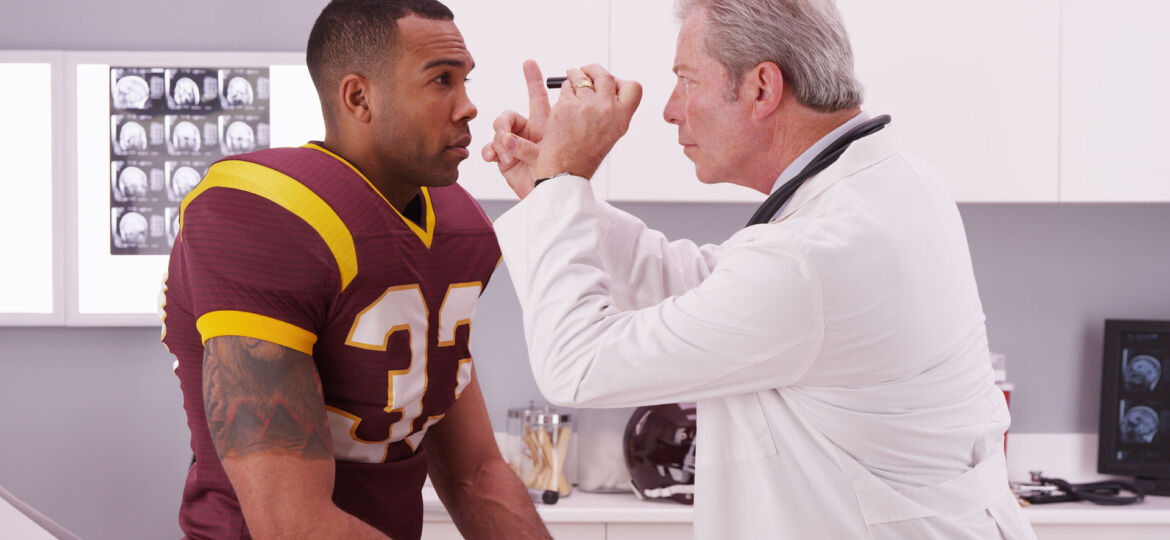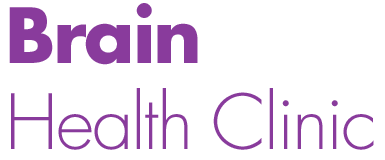
Fears over the risks inherent in concussions caused the NFL to recently alter its policy regarding players with head injuries. From now on, any player that demonstrates a loss of muscular control that causes unsteadiness or slurred speech will not be allowed to return to the field, even if a brain injury is not suspected. The term for this muscular issue is ataxia, but it is just one of many symptoms related to concussions. Fortunately, the Brain Health Clinic can use neurofeedback treatments to assist patients suffering from post-concussive disorders.
Symptoms of Post-Concussive Disorder
Experiencing post-concussive symptoms does not require that you lost consciousness due to your traumatic brain injury. Nor do the symptoms necessarily appear right away. Sometimes it takes up to ten days before the side effects of a brain injury begin to manifest. Symptoms of post-concussive disorder include:
- persistent headache and/or sensitivity to noise and light
- anxiety and/or irritability
- dizziness and/or blurred vision
- tinnitus (“ringing in the ears”)
- fatigue and/or a change in sleep patterns
Symptoms may go away within three months, but they can last up to a year or more.
Neurofeedback for Post-Concussive Disorder
In all cases of brain injury and suspected concussion, you should always consult with your medical doctor. In addition to whatever therapies are recommended by your doctor, the Brain Health Clinic provides neurofeedback therapy designed specifically to help your brain return to good health. The founder of the Brain Health Clinic, Dr. Gay Teurman, originally studied neurofeedback therapies after the procedure was used to treat her own traumatic brain injury and post-concussive disorder. Therefore, Dr. Teurman understands the feelings of uncertainty and anxiety associated with this problem and works to reassure her clients that there are solutions.
If you would like a free consultation to help determine if neurofeedback can assist you, contact Dr. Teurman at the Brain Health Clinic by phone or online.
